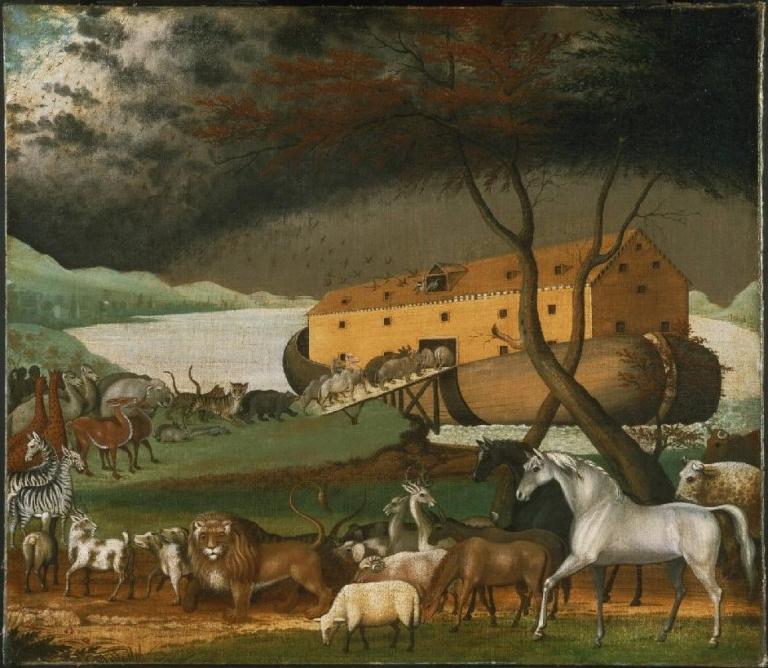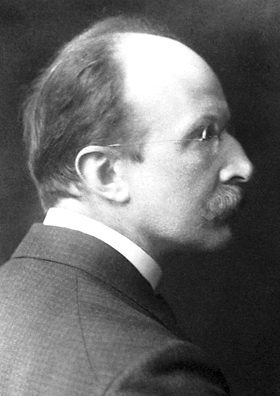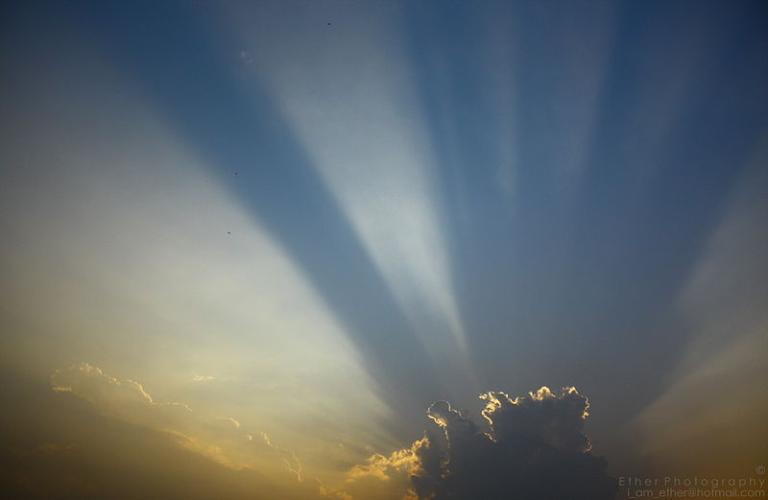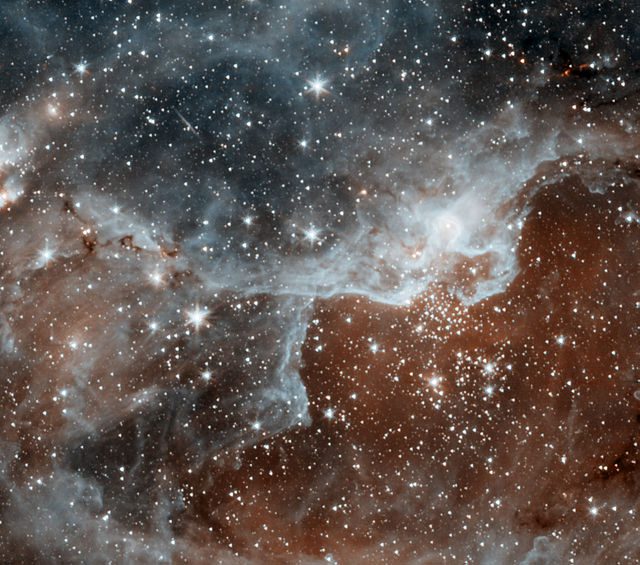My friend and former FARMS colleague Matt Roper has shared this prescient passage from a prayer that was given roughly 127 years ago by President Wilford Woodruff of the Church of Jesus Christ of Latter-day Saints. With the temples all closed during the coronavirus contagion and with the Salt Lake Temple specifically closed for seismic retrofitting, President Woodruff’s prayer seems almost eerily appropriate: “Heavenly Father, when Thy people shall not have the opportunity of entering this holy... Read more

















